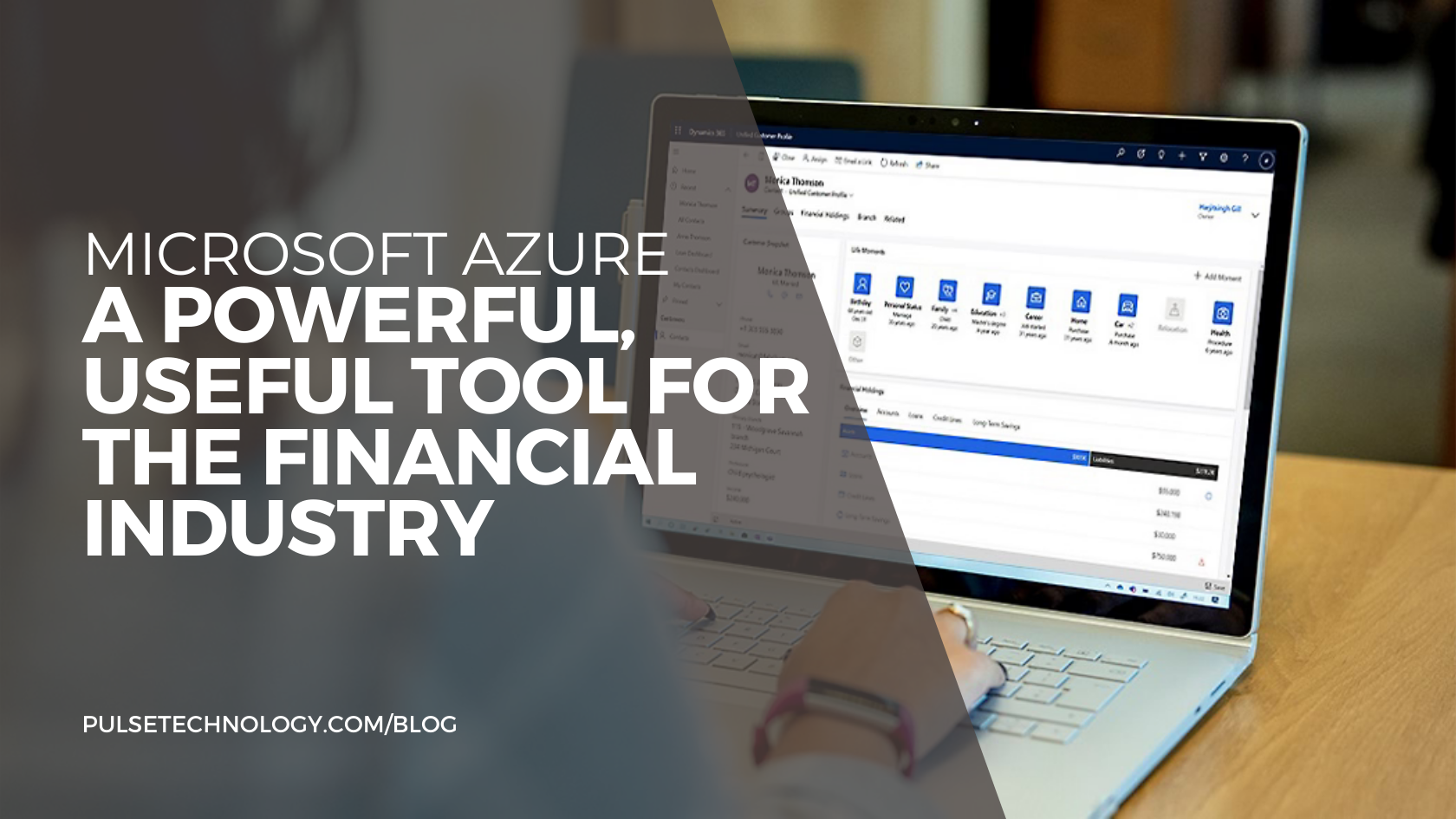Cloud Storage: Where Is My Data Actually Stored?
Cloud storage has become an integral part of our lives. It offers convenience, scalability, and accessibility to our valuable data. However, have you ever wondered where exactly your data is being stored in the cloud? Understanding the physical location of your data is crucial to ensure its security, compliance, and privacy.
Where is my data being stored?
Cloud storage relies on an extensive network of data centers scattered across different geographic locations. These data centers are the physical infrastructure that houses the servers, storage devices, and networking equipment necessary to store and manage your data in the cloud. They are the backbone of cloud storage services provided by companies like Microsoft Azure.
Microsoft Azure holds 20% of the
cloud computing market
One of the primary reasons cloud storage providers distribute data centers worldwide is to ensure redundancy and improve performance. By spreading data across multiple locations, they mitigate the risk of data loss in case of a catastrophic event or hardware failure. Redundancy is achieved through techniques such as data replication and mirroring, where copies of your data are stored in different data centers.
Additionally, the strategic placement of data centers in various regions allows cloud storage providers to offer low-latency access to data for users around the world. This global distribution ensures that you can access your data quickly, regardless of your location.
Reputable providers often disclose the location of their data centers, ensuring that customers have visibility into the handling and storage of their data. Transparency instills confidence in the provider's commitment to data security, privacy, and compliance.
⬇️ Learn The Ins and Outs of Microsoft Azure ⬇️

Why is it important to know where my data is stored?
Understanding where your data is stored fosters transparency and builds trust between you and the cloud storage provider.
Another vital aspect is security. Different countries have different standards and practices when it comes to data security. By understanding where your data is stored, you can assess the security measures implemented by the cloud storage provider and evaluate if they align with your needs.
Furthermore, if you have sensitive data that must comply with industry-specific security standards (e.g., healthcare or financial data), you need to verify that the cloud storage provider adheres to these regulations. Knowing the physical location of your data enables you to choose a provider who meets the necessary security and privacy requirements.
Microsoft Azure has over 200
physical datacenters globally
Cloud storage has revolutionized the way we store and access our data, offering flexibility and convenience. However, it's crucial to know where your data is physically stored in the cloud. The location of your data impacts security, compliance, and data sovereignty. By being aware of where your data resides, you can make informed decisions about choosing the right cloud storage provider that meets your specific requirements and ensures the protection and privacy of your valuable information.
Learn more about cloud storage and data backup with our Ultimate Guide.
Storing your company data locally is restrictive – limited space, accessibility, ability to collaborate, and scalability – not to mention the concern of data loss. When you’re ready to move to the cloud or simply explore new cloud options, Pulse Technology is happy to help. Contact us to learn more about how cloud storage can change the way you do business. | (888) 357-4277




